How many times have you found yourself in an argument, with anger rising and wishing you knew how to end it? Yet how often do you find yourself feeding the fire rather than calming the waters – sometimes even actually knowing that what you are about to say will only make things worse, but the need is so strong that it wins over your self-discipline?
Sometimes I’m in a bad mood. I’m angry at someone, probably who is close to me, and I find myself attached to the anger more than I am the resolution.
My adrenaline is surging, and there is something about it that feels good. It feels like this is the grist of life, that there is a sense of purpose to my life, that my need to be right has actually become more important than peaceful resolution.
The most simple thing to do has suddenly become the most difficult, and the momentum towards disaster has become relentless. Adrenaline is a finite human resource. I’ve been told that in a lifetime, the body produces less than half a teaspoon. It serves us when we are under extreme pressure, and allows us to do things which may normally not be possible, like lift huge weights, run much faster, fight with more force or resist much greater pain.
Yet in our present-day adrenaline plays a much more frequent role, as we look outside for the stimulation of entertainment that stimulates the gland that produces it. After all, a good story is one that has conflict. Conflict breeds tension, and tension, in turn, increases our adrenaline flow.
In fact, we are producing adrenaline more today than ever before as we live in a world that threatens us in so many ways. We have become used to such a high level of adrenaline that we consider our lives normal, yet they are not. We make many of our decisions and judgments whilst under the influence of adrenaline surge, and if we are in an escalating argument with someone, our adrenaline is pumping hard.
Adrenaline is addictive. It engages us, gives an enlarged (and usually disproportionate) sense of purpose and an intensity that makes us feel truly alive.
Yet what has really happened is that we have engaged a tremendously powerful hormone that is designed for life-saving fight-or-flight reactions, not for winning an argument or to match the rising tension of a horror movie or thriller.
We have become so used to the existence of adrenaline in our lives that we need it to awaken from our stupor. Even video games have been designed to draw out the hormone from our glandular system.
So when we hear a raised voice, or feel the heat of the argument, is it any wonder that the hormone will pump through our system affecting the way we perceive the situation and how we express ourselves? The inner dam of restraint breaks open and winning the point becomes top priority.
What gets lost?
The chance for peace. The need to win is needing to be right. Needing to be right means needing someone else to be wrong. These are the tenets of violent communication, and we have allowed them to become our ‘normal’.
The matter of right and wrong is another subject which demands another chapter, however here is a question: if we were able to modulate our adrenaline levels, how much more sensitive could we become to a wider range of choices?







